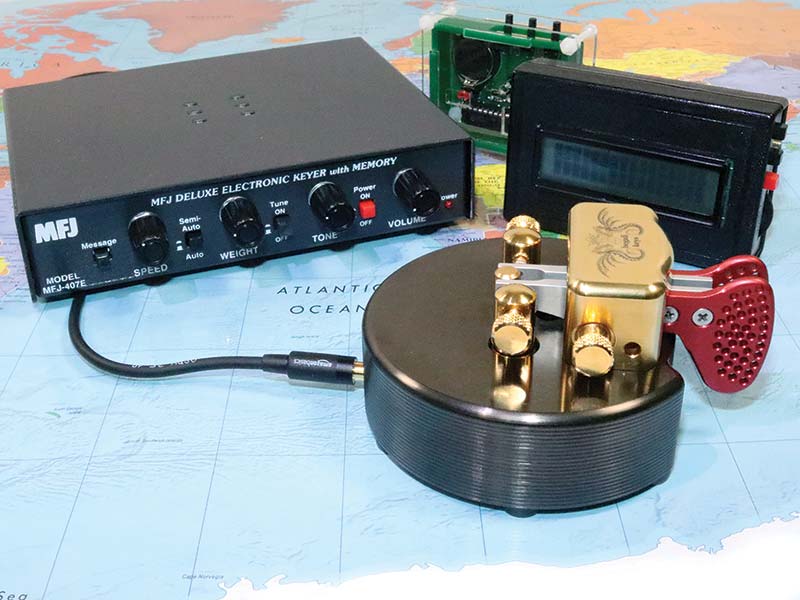Introduction:
Amateur radio, also known as ham radio, has long been a hobby that requires a certain level of technical proficiency and knowledge. For many years, one of the key requirements for obtaining an amateur radio license was passing a Morse code proficiency test. However, in recent years, several countries around the world have abolished the Morse code requirement, sparking debates within the amateur radio community. In this article, we will explore the effect of abolishing the Morse code test for amateur radio examinations.
Increased Accessibility:
One of the primary reasons behind the decision to abolish the Morse code test was to make amateur radio more accessible to a wider range of individuals. Learning Morse code can be challenging and time-consuming, deterring potential enthusiasts from pursuing the hobby. By removing this requirement, countries have opened the doors to a larger pool of aspiring amateur radio operators who may possess different skill sets and interests.
Technological Advancements:
The advancement of technology has made Morse code less relevant in modern amateur radio operations. With the advent of digital communication modes, such as voice over internet protocol (VoIP), digital voice, and data transmission, Morse code is no longer the primary means of communication in the amateur radio community. By eliminating the Morse code test, amateur radio examinations now align more closely with the current technological landscape, allowing operators to focus on other essential skills.
Changing Demographics:
The amateur radio community has experienced a shift in demographics over the years. The older generation, who grew up with Morse code as a prominent mode of communication, has gradually been replaced by a younger and more diverse group of enthusiasts. Many of these newcomers are passionate about exploring new digital technologies, experimenting with software-defined radios, and engaging in emergency communication networks. By removing the Morse code requirement, amateur radio examinations reflect the changing interests and skills of this evolving community.
Emphasis on Modern Skills:
The abolishment of the Morse code test has led to a renewed focus on other vital aspects of amateur radio. Examinations now place greater emphasis on topics such as radio regulations, operating procedures, electronics, RF propagation, and emergency communications. By reallocating the time and effort previously dedicated to Morse code training, aspiring operators can develop a broader skill set that aligns with the demands of contemporary amateur radio practices.
Preservation of Morse Code:
Despite the removal of the Morse code requirement, Morse code enthusiasts and traditionalists continue to keep the art alive within the amateur radio community. Morse code proficiency is still recognized as a valuable skill and can be pursued voluntarily. Many operators appreciate the historical and cultural significance of Morse code and actively engage in activities like CW (Continuous Wave) contests and conversations. The abolishment of the Morse code test does not diminish the option for individuals to learn and utilize this mode of communication.
Conclusion:
The decision to abolish the Morse code test for amateur radio examinations has had a significant impact on the hobby. It has increased accessibility, aligned with technological advancements, accommodated changing demographics, and allowed for a greater emphasis on modern skills. While the removal of the Morse code requirement has sparked debates and discussions, it has not diminished the significance of Morse code within the amateur radio community. Amateur radio continues to evolve, embracing new technologies and attracting a diverse group of enthusiasts who contribute to the vitality and future of the hobby.

